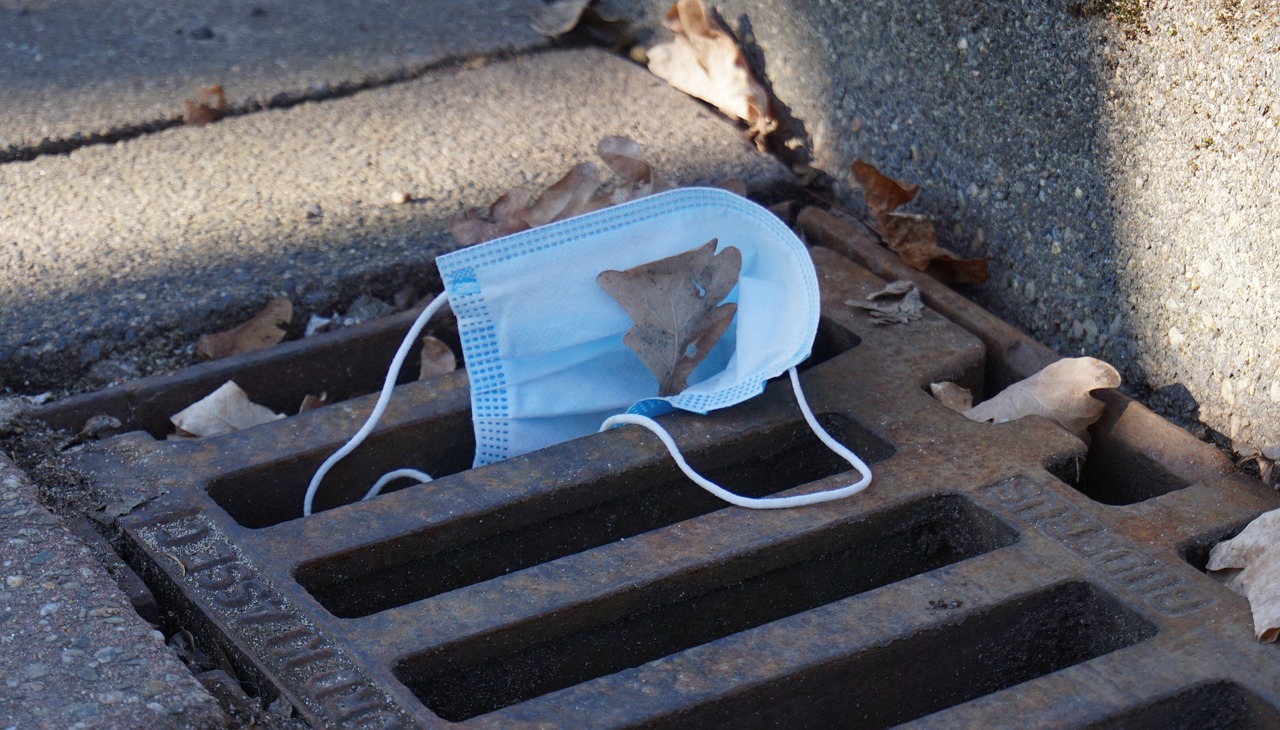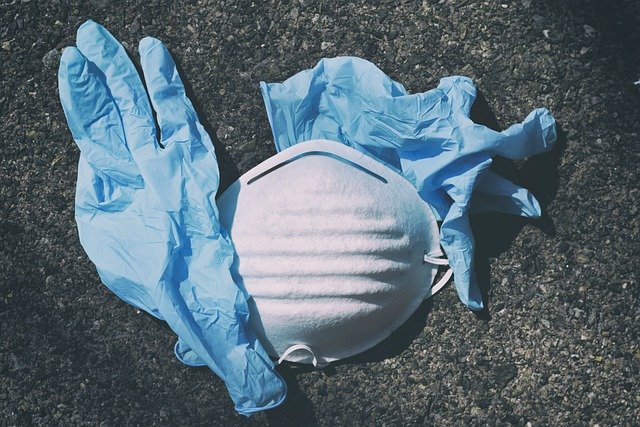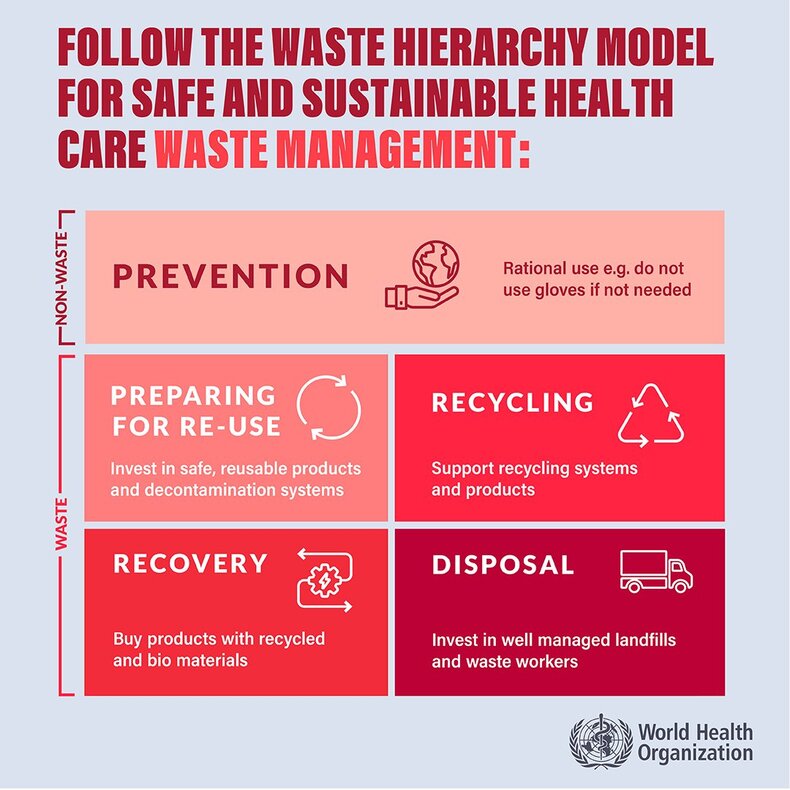
WHO warns about the management of health waste from the pandemic
A new threat to the environment is the millions of tons of waste produced combating the COVID-19 pandemic.
“Today, 30% of health facilities (60% in least developed countries) are not equipped to handle existing waste loads, let alone the additional burden of COVID-19,” reads a report from the World Health Organization (WHO), which does not include the way we dispose of masks and other sanitary items in our homes.
The #COVID19 pandemic has generated extra tonnes of waste & exposed cracks in waste management, everywhere.
— World Health Organization (WHO) (@WHO) February 1, 2022
Waste must be reduced & managed safely, for the health of both people & the environment https://t.co/JsYeqvl7G6 pic.twitter.com/UfI0GRjBD1
The organization also warns about the risk the bad practice creates, noting that it "potentially exposes health workers to injuries from needlesticks, burns and pathogenic microorganisms, at the same time that it affects the communities that live near landfills and poorly managed waste disposal sites through polluted air from waste burning, poor water quality, or disease-carrying pests.”
The report highlights the approximately 87,000 tons that resulted from the implementation of more than 1.5 million coronavirus protection kits the United Nations distributed to different countries between March 2020 and November 2021, which it is just the tip of the iceberg as this is a tiny portion of what has been used around the world.
WHO noted that “more than 140 million test kits have been shipped, with the potential to generate 2,600 tons of non-infectious waste (mainly plastic) and 731,000 liters of chemical waste (equivalent to a third of an Olympic swimming pool)."

The worldwide mass vaccination campaign has also increased the volume of waste that has not been properly processed and becomes a threat to public health.
Taking into account the figures collected at the time of writing the report, WHO calculates that the 8,000 million doses used produced an additional 143 million tons of waste, and a large segment of the population still remains vaccinated, especially in places that do not have the resources or the will to properly dispose of this waste.
RELATED CONTENT
Dr. Michael Ryan, executive director of the WHO Health Emergencies Programme, is quoted in the report as stressing that “it is absolutely vital to provide healthcare workers with the right personal protective equipment, PPE, but it is also vital to ensure that it can be used safely without affecting the surrounding environment.”
The report also provides a series of recommendations "to integrate better, safer and more environmentally sustainable waste practices into the current response to COVID-19."

“The COVID-19 waste challenge and the growing urgency to address environmental sustainability offer an opportunity to strengthen systems to safely and sustainably reduce and manage healthcare waste,” is what is proposed by WHO.
Additionally, it suggests that it can be accomplished through “strong national policies and regulations, regular monitoring and reporting and increased accountability, support for behavior change and workforce development, as well as increased budgets and funding.”








LEAVE A COMMENT:
Join the discussion! Leave a comment.